Story of Resilience Amid Adversity
In Negros Occidental, rural women carved their paths and planted their contributions in the agriculture sector. They touch, dig, and caress the earth to make it yield flowers and fruits to feed their families and their communities.
Nanay Dolores Ceralbo is among the living testaments that Negrense women have a significant role in agriculture. They work from seeding time to harvest time, from sunrise to sunset, proving their resilience and dedication while also inspiring their fellow Filipino peasant women.
Last November, Nanay Dolores won first place in the Regional Search for Outstanding Rural Women in Iloilo City. With her dedication to achieving sustainability through the Special Area for Agricultural Development (SAAD) Program Rice and Mushroom Production Projects, Mrs. Dolores was able to replicate the projects and establish her organic integrated farm.
As a regional winner, Nanay Dolores represented Western Visayas in the National 2022 Outstanding Rural Women in Nueva Ecija on December 8. There, she was among the top five winners out of ten regional awardees. She received a trophy, plaque, a Php 120,000 cash and an additional prize of production inputs, farm machinery or post-harvest facility. These were on top of the Php 50,000 she received from the DA Regional Field Office.
Humble Beginnings
At 9 years old, Nanay Dolores Ceralbo usually assists her parents who were both hacienda workers cultivating rice, banana, tomato, and other root crops on a rented lot. Back then, their family resides in an upland village in Salvador Benedicto, Negros Occidental.
“Panguma guid ang nangin palangitan-an namon para may maka-on sa tagsa-tagsa ka adlaw. Ikapito ako sa katorse ka bilog nga magbulugto gani pigado guid ang amon pangabuhi sa uma,” recounted 57-year-old Nanay Dolores.
(Farming has been our source of livelihood to have food to eat every day. I’m the 7th child among 14 siblings so our life on the farm was hard.)
Although farming entails laborious tasks such as using heavy farm tools, this did not discourage Nanay Dolores to help her brothers while studying. She was so determined to get a formal education despite her parents’ disapproval and had to walk on foot more than 11 kilometers (km) just to attend secondary school in the neighboring town of Murcia.
She would hurry home after class to join her siblings in plowing soil and sowing seeds in preparation for the next cropping season. Sometimes, she would sell tomatoes, onions, and bananas. During weekends, she worked in a coffee store where she earned her daily salary of Php 28.
“Sang naga eskwela pa ako, kinahanglan ko maglakat sang onse ka-kilometro pakadto sa eskwelahan kay malayo ang amon balay sa banwa. Kung kis-a naga eskwela ako nga wala sing balon gani ang akon diskarte para maka-kwarta amo ang pagbaligya sing kamatis kag iban pa nga mga ulutanon,” Nanay Dolores said.
(When I was still studying, I needed to walk 11 kilometers to go to our school because our house was far from the town proper. Sometimes I go to school without an allowance so to earn money, I sell tomatoes and other vegetables).
With little to no capital, Nanay Dolores started a small business in the town proper sometime in 1986 with his husband Mr. Eddie. The couple then borrowed a small amount of Php 500 with 10% interest to be used to buy and sell bananas where she also learned the “barter” system. They eventually accumulated enough savings to repay their loan in six months.
Later in 1991, Nanay Dolores received a Certificate of Land Ownership Award (CLOA) from the Department of Agrarian Reform for her 1.70-hectare land. They planted the area with coconuts and sugarcane. Due to the good harvest, the Ceralbos had enough funds to buy a horse they used in visiting their farm.
Pandanon Integrated Balangon Farmworkers’ Association (PIBFA)
With her vision to help more of her fellow small-scale farmers, Nanay Dolores established an association in 2006 through the help of the non-government organization Altertrade Corporation. The group with 30 members, 17 of whom were women, was later named PIBFA which strengthened their product consolidation and marketing in their community.
“Ang akun man lang handum sa kabuhi makakaon tatlo ka beses sa isa ka adlaw kag makabulig sa pareho ko nga pigado. Gani, nagtukod kami sa amon barangay sang isa ka grupo para mapasanyog ang pagpanguma diri kag amo man nga makapangayo sang bulig sa mga ahensya sang gobyerno,” Nanay Dolores said.
(My only ambition in life was to eat three meals a day and help my fellow marginalized farmers. So we formed a group in our barangay to improve the way of farming here as well as to seek assistance from government agencies).
PIBFA’s inclusion in SAAD
Rice and vegetable production are the main income sources for most PIBFA members. However, their rice farms did not guarantee them good fortune. In each 0.5 to a hectare rice area, they could only harvest a maximum of 5-8 sacks, kept for consumption and marketed in the lowland areas.
Furthermore, Barangay Pandanon belongs to Geographically Isolated and Disadvantaged Areas (GIDA) and communities with high poverty incidence. The community seldom receives assistance from the government due to challenges in the distance, mode of transport, and weather conditions.
It was until the SAAD Program reached their place and introduced opportunities to assist and expand their livelihood sources.
PIBFA was selected as a recipient of the Department of Agriculture Special Area for Agricultural Development (DA-SAAD) Program’s FY 2021 Rice Production Project worth Php 118,997.62 and FY 2022 Mushroom Production Project worth Php 165,460.
Nanay Dolores saw SAAD’s livelihood projects as “life-changing” in the economic status of rural farmers in Pandanon, especially for women who got even more dedicated to agriculture.
“Nangin dako guid nga bulig ang SAAD Program sa amon asosasyon nga PIBFA kay kami nakabaton sang binhi sang palay kag iban pa nga inputs nga nakapasanyog guid sang amon pagpanguma. Ako nalipay nga kami nangin parte sang SAAD kay nangin inspirado pagid kami sa agriculture,” said Mrs. Dolores.
(The SAAD Program has been a big help to our association, PIBFA because we received rice seeds and other inputs that greatly improved our farming. I’m glad that we have been part of SAAD because we became more inspired toward agriculture).
PIBFA has a consolidated rice production area of 60 hectares. Each member tills 0.5-1.5-hectare land and rice seeds were simultaneously planted during the wet season.
For this year’s first cropping season from June to July, PIBFA farmers recorded 1,860 bags of consolidated palay yield and they were able to individually sell 50 sacks of palay within their barangay.
For their mushroom production, PIBFA has existing 350 fruiting bags stored at their housing built near their staff house. From October to November, the group so far harvested seven (7) kg of fresh oyster mushrooms.
For now, Mrs. Dolores is initiating a federated group of women who are presidents of various farmers’ associations in Barangay Pandanon, which would serve an inclusive group of rural agripreneurs involved in the pursuit of product consolidation, food processing and value-adding. ###
Writer: Christ John Gamarcha, DA-SAAD Region 6 Information Officer

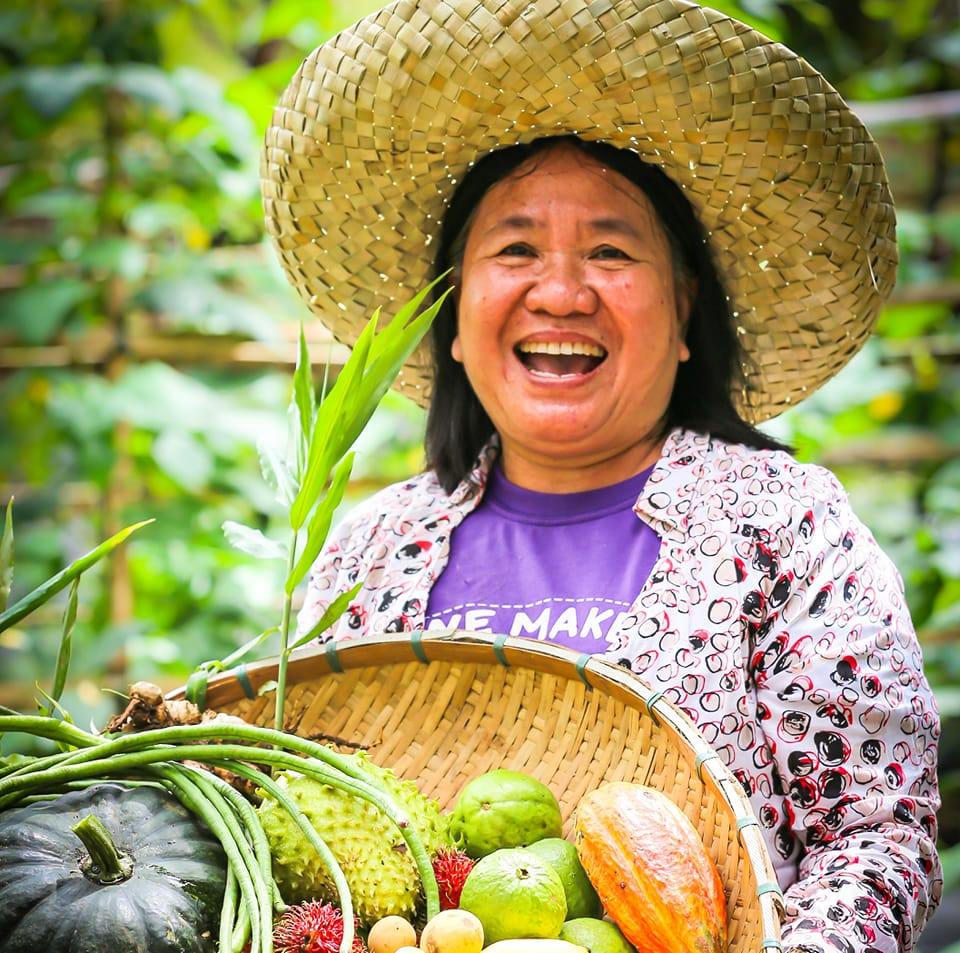
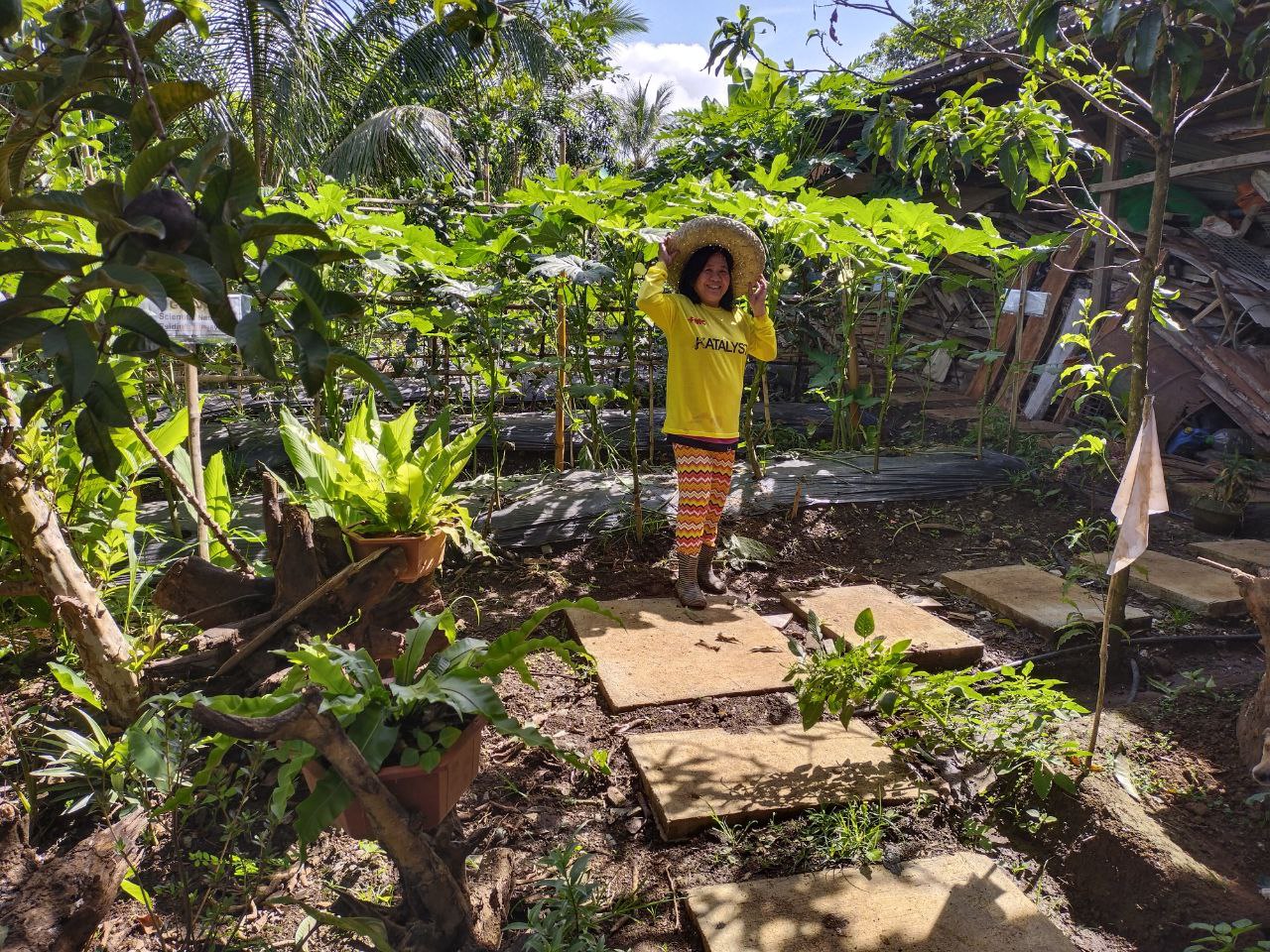
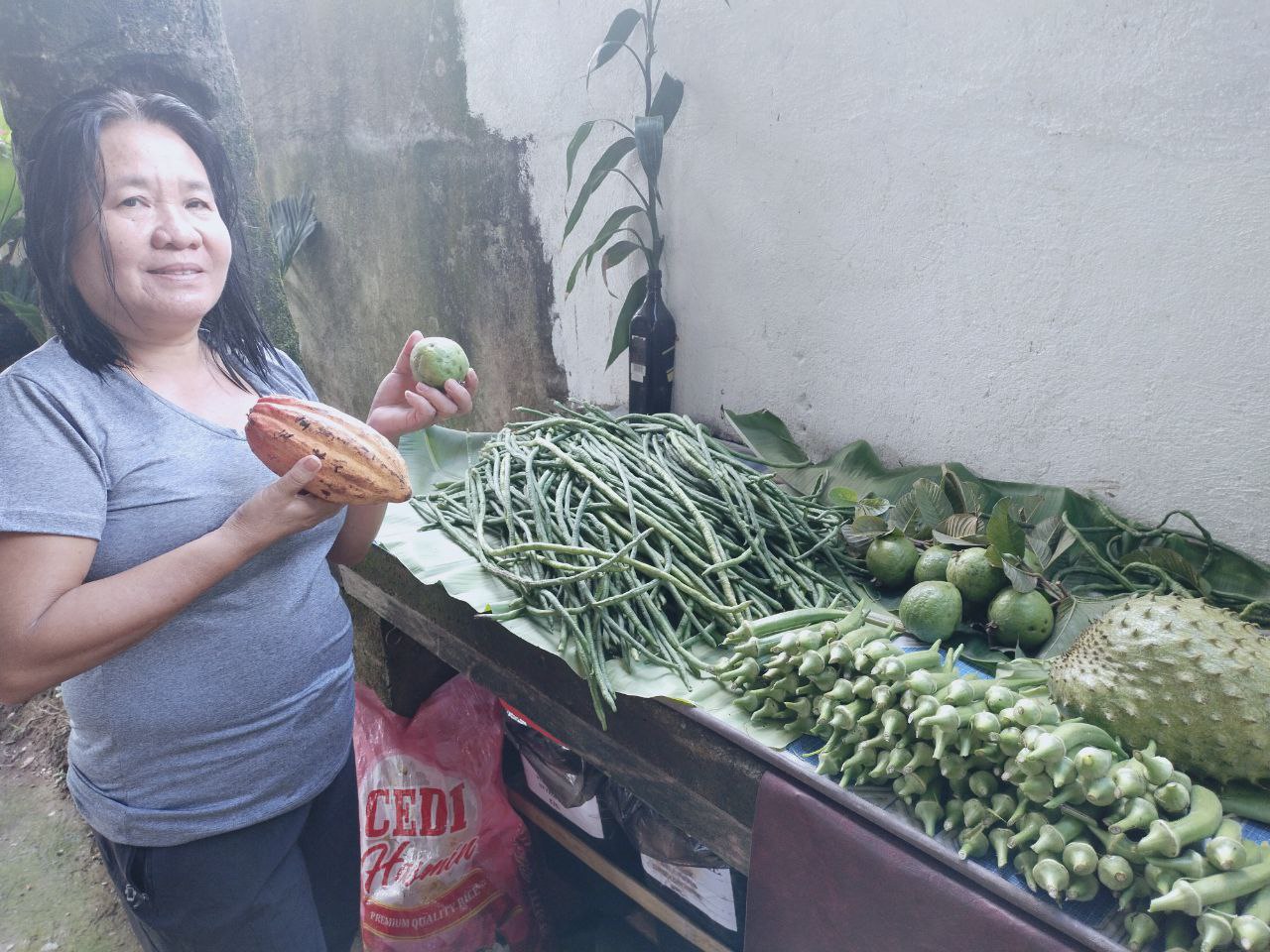
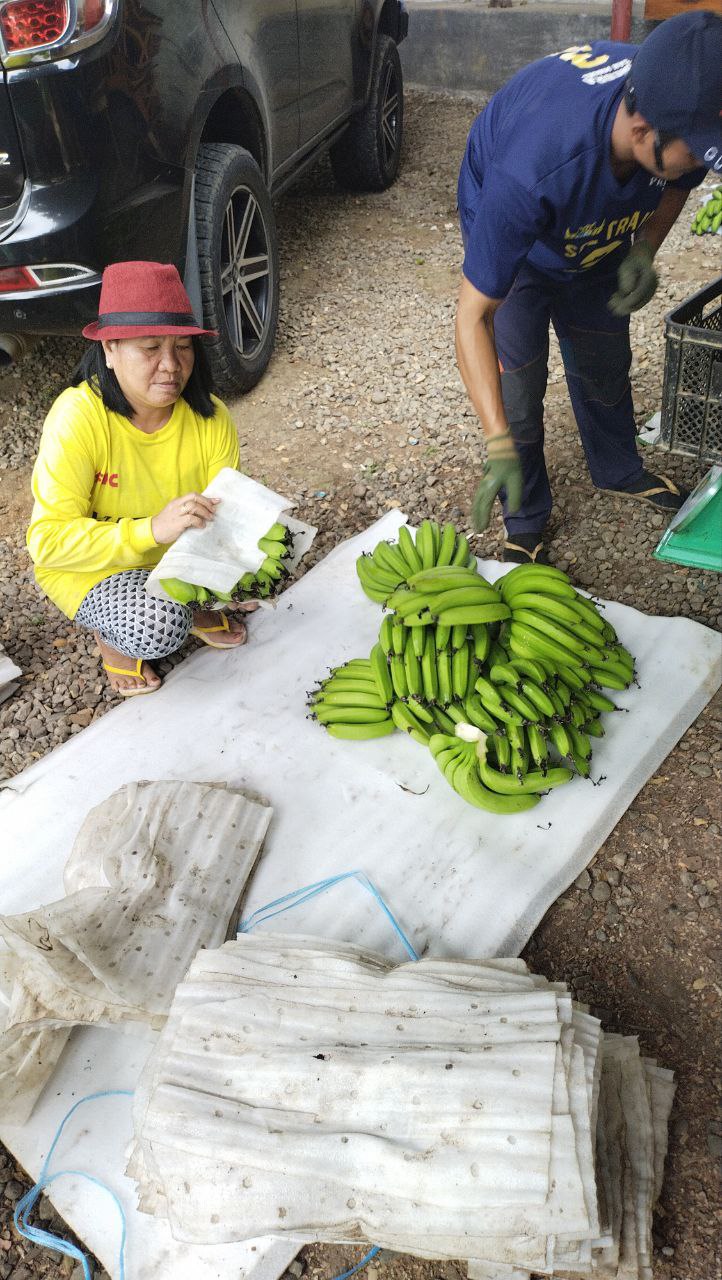
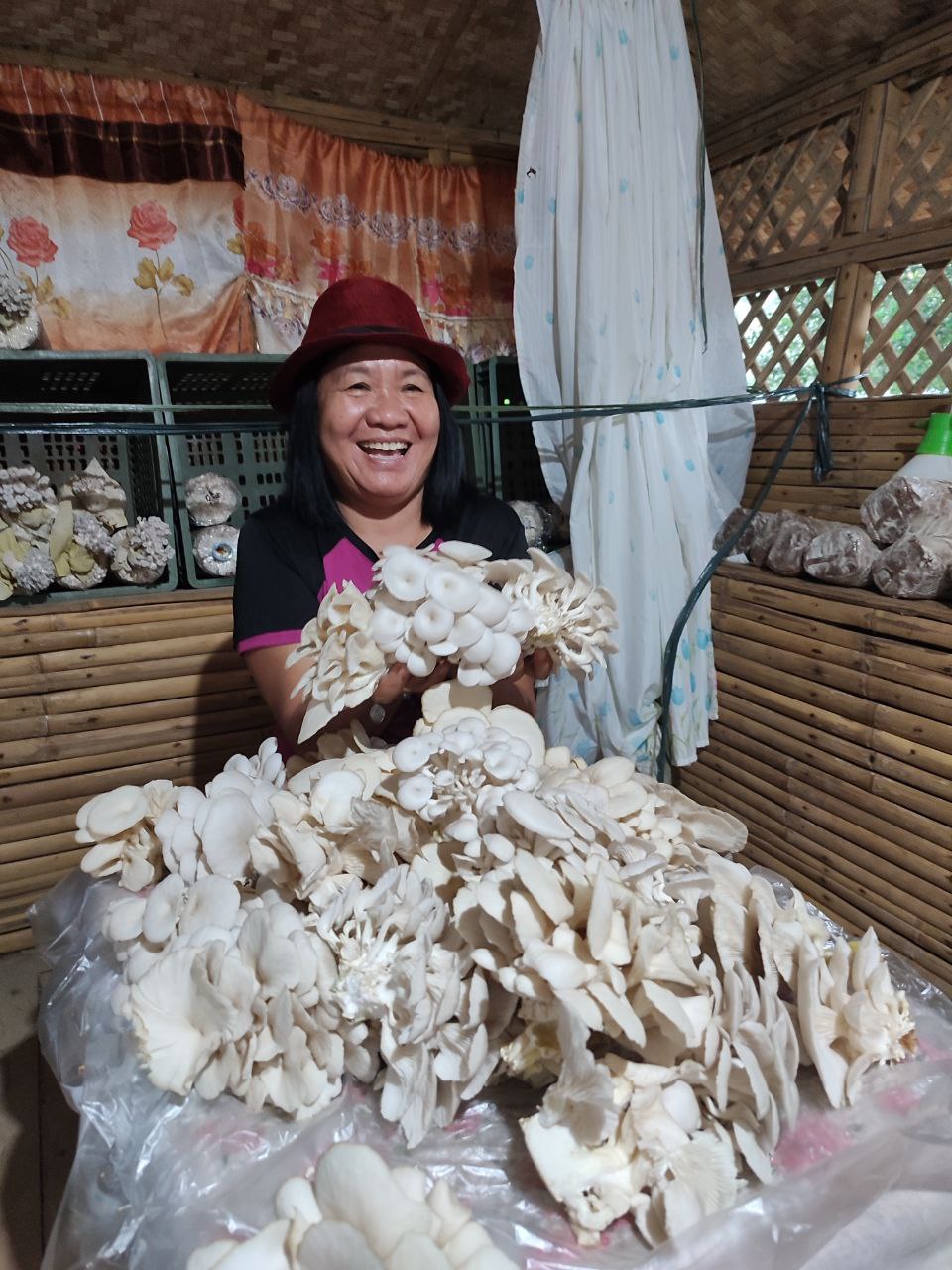
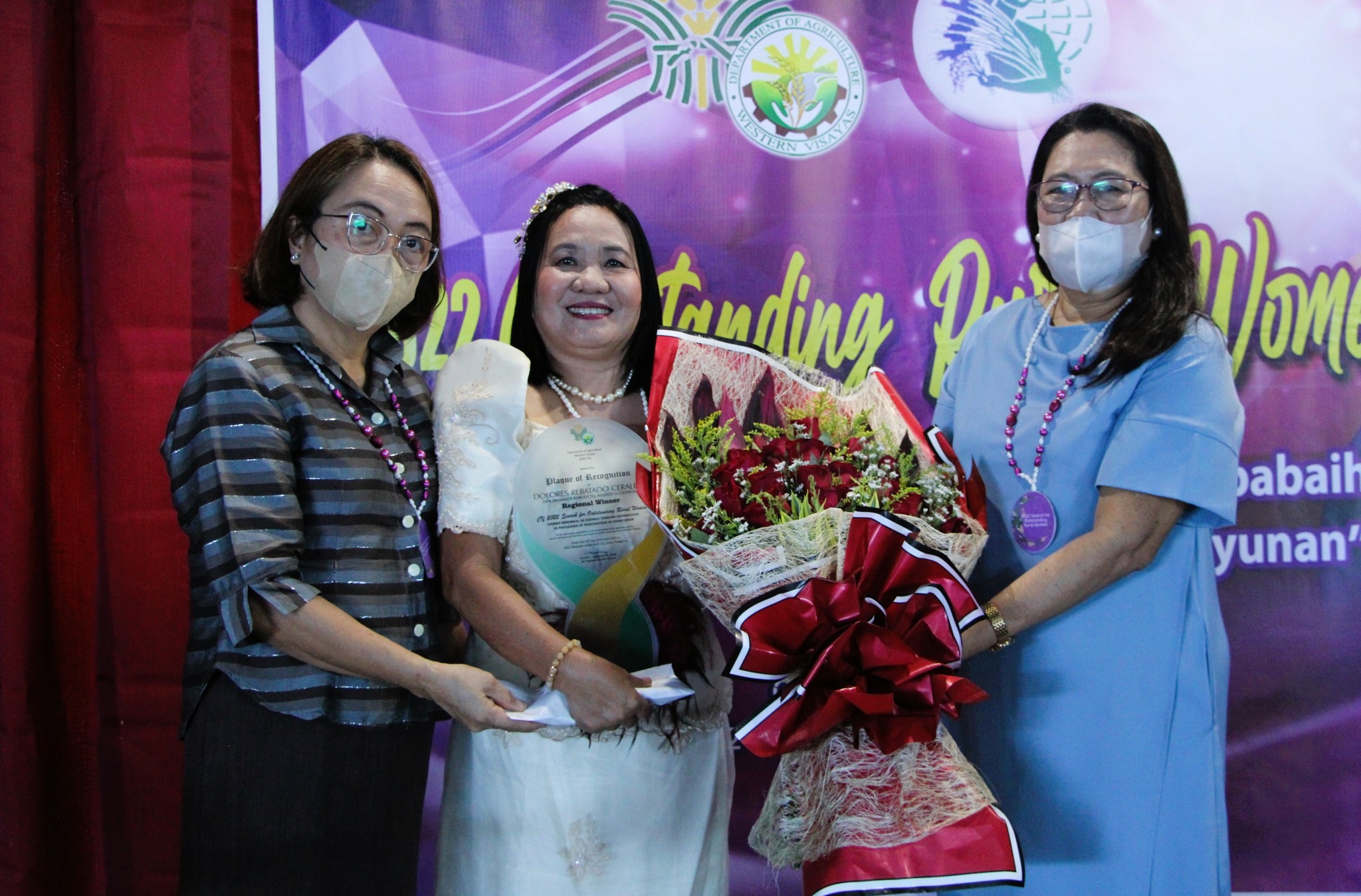
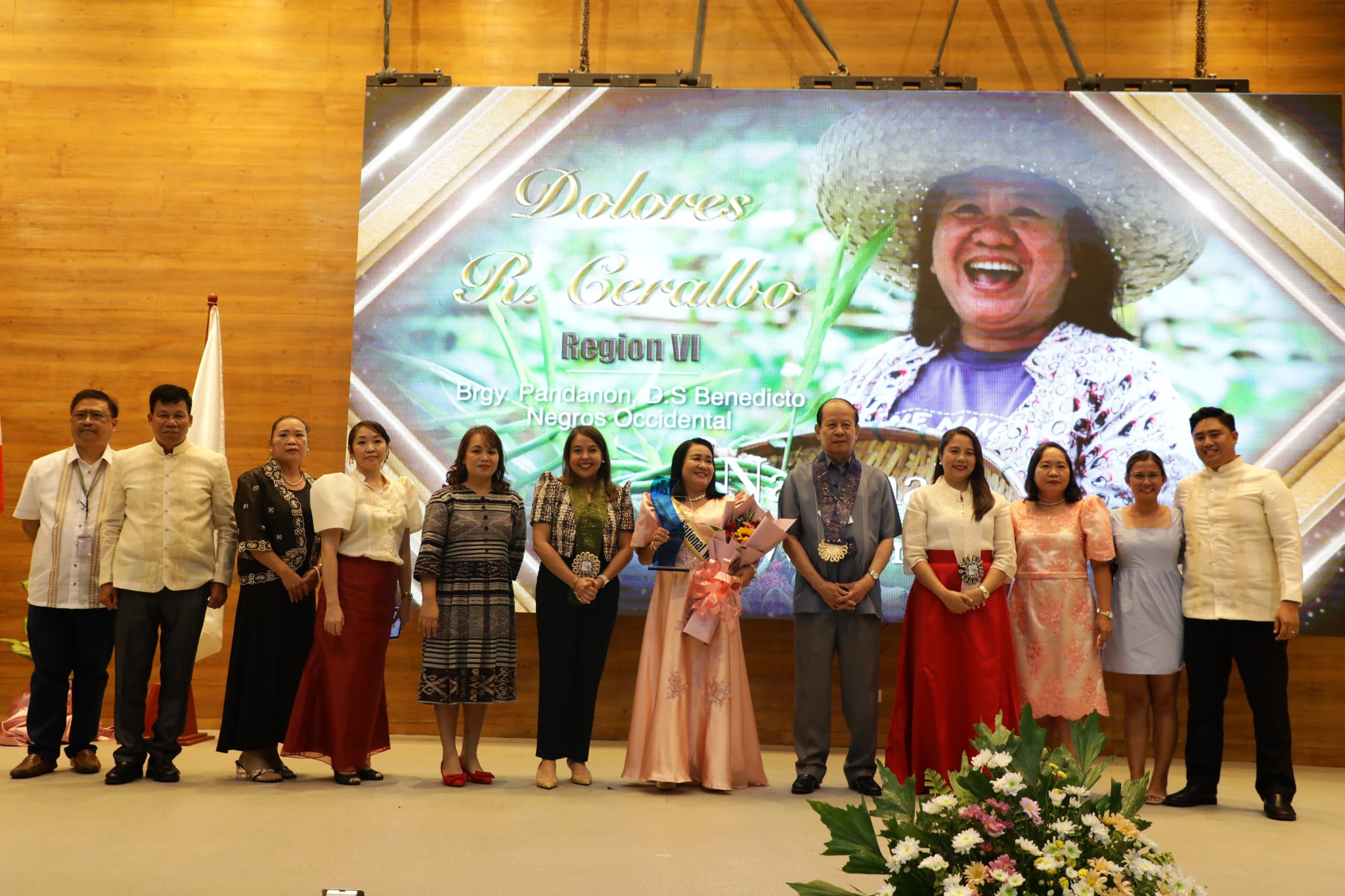
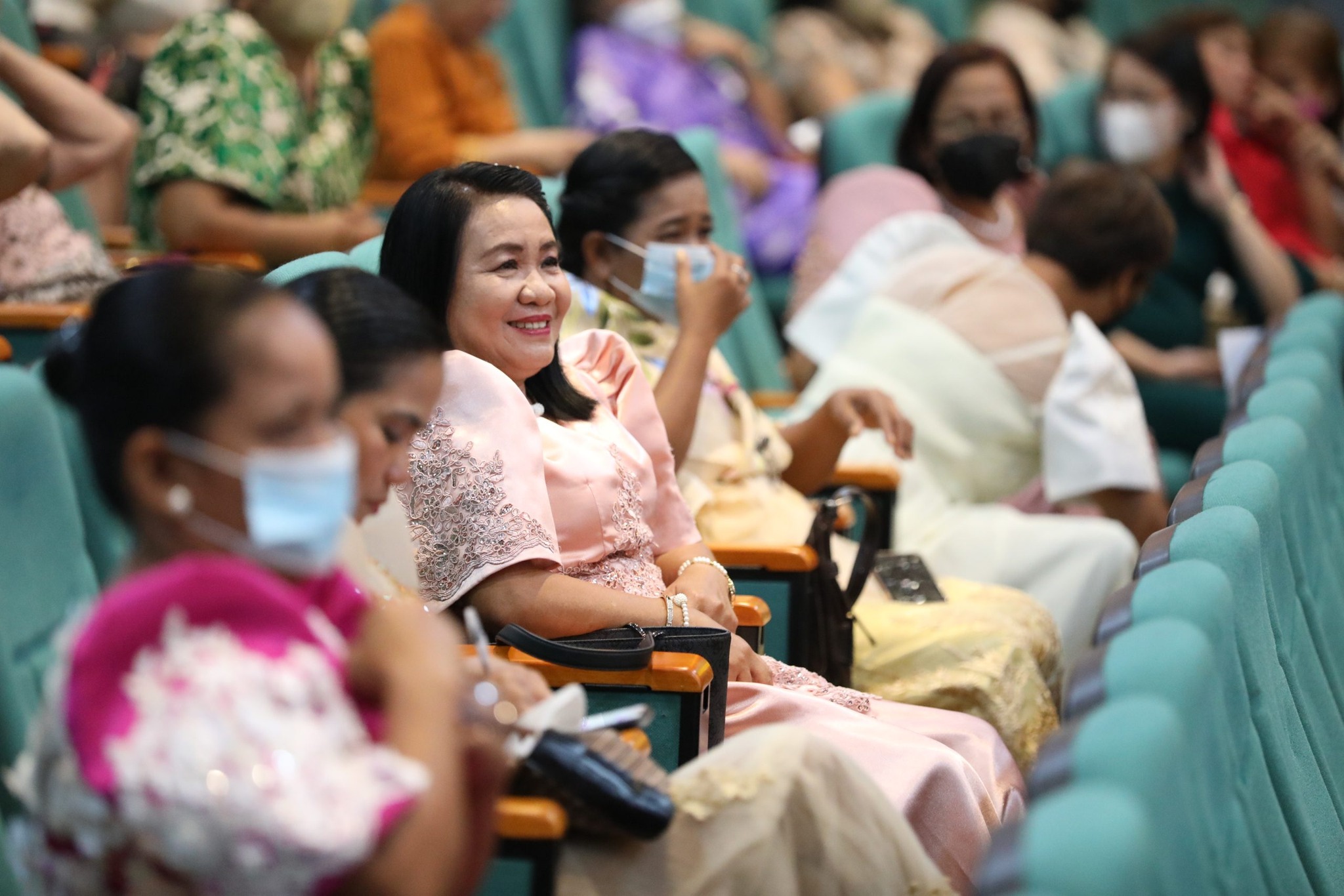
Comments (0)